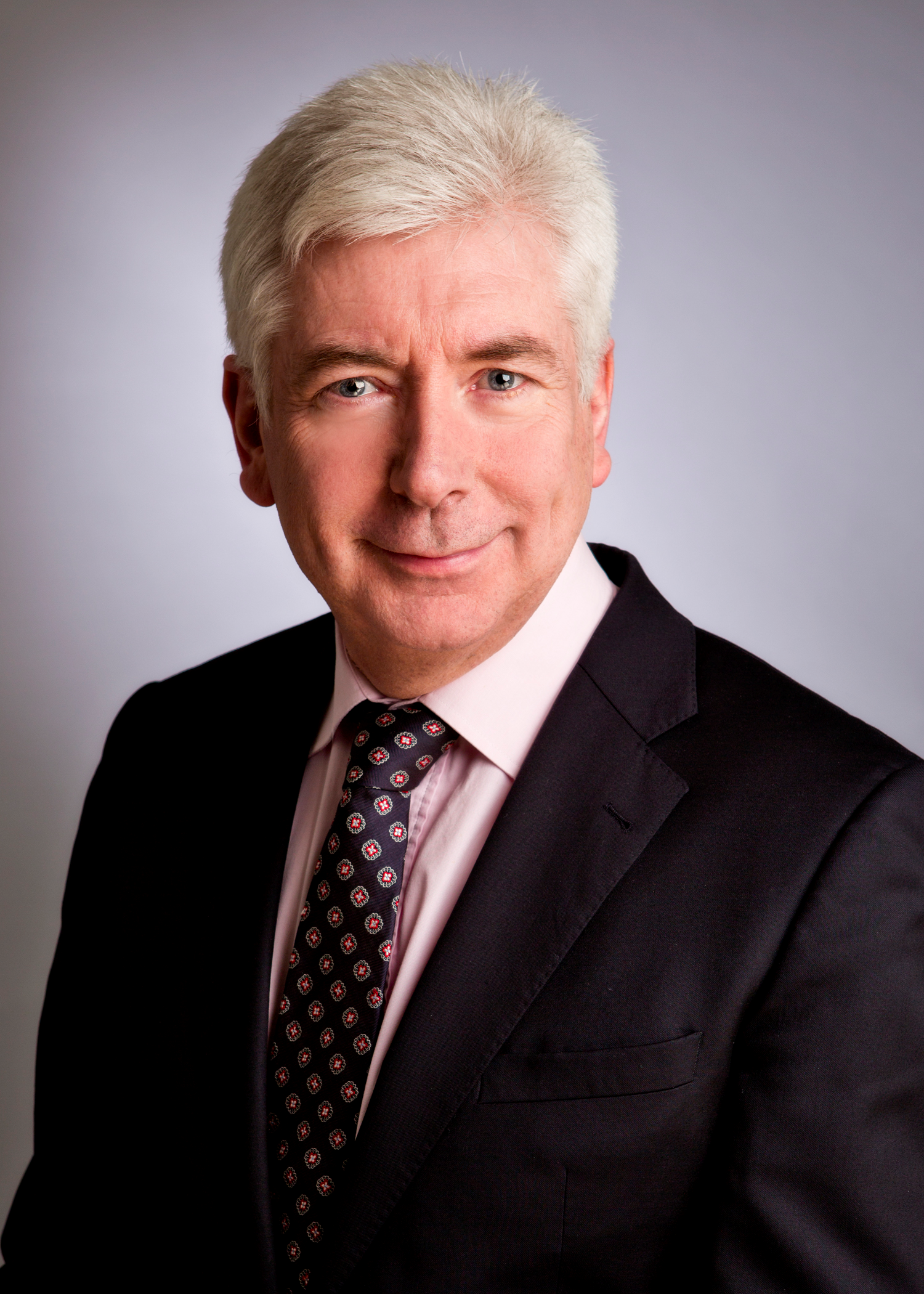Dundrum Gazette Op-Ed: GP Care for Children Aged Under 6 Will be Free
 The Programme for Government pledged to introduce radical and fundamental reform of our health service. A central part of this reform agenda is the introduction of free GP care for all.
The Programme for Government pledged to introduce radical and fundamental reform of our health service. A central part of this reform agenda is the introduction of free GP care for all.
Free GP care for children aged under six was announced in Budget 2014 and it is intended that children under the age of six will be able to attend their GP without fees, by the middle of this year. Approximately 240,000 children across Ireland will benefit from this innovative public health policy. Free GP care for children aged under 6 is not an end in itself, but an important first step in the phased introduction of GP care without fees for everyone.
It’s a sad truth that many parents who are not eligible for a medical card are simply unable to pay the fee needed for their sick child to be seen by a GP. As a society, this is unacceptable. No family should be forced to choose between sending their child to the doctor and putting food on the table. Everyone, especially our children, should have access to healthcare based on their need, rather than on their ability to pay a fee.
Children deserve the best start in life. The foundations of a person’s health are established in childhood. Free GP care will help people to stay healthy, more productive and active throughout their lives.
When people delay going to their GP and getting regular preventative and screening care, it results in the late detection of illness, poorer health outcomes and greater pressures on our hospitals. There is no more expensive place in our healthcare system than an acute hospital bed. Costs there can range between €800 and €1,200 a night. Investment in primary care and in particular GP care without fees, keeps people out of hospitals for as long as possible – thus reducing the pressures on our hospital system and cutting costs.
There is a body of evidence that shows that GP fees are a barrier to accessing healthcare. Research shows that in Northern Ireland (where GP care is free at the point of access) only 1.8% of patients with medical problems had not consulted a doctor because of cost, whereas the figure here is 18.9%.
In common with health systems all over the world, this Government is grappling with how best to configure our health services to address the rise of chronic illnesses and an ageing population. The introduction of universal primary care, free at the point of use, is an essential element of the reform we need in our health services if they are to become responsive to the needs of the twenty-first century.
There’s a reason GP care without fees are a norm in Northern Ireland, Great Britain and across Europe – because it makes sense and it works. Free, accessible, high-quality, primary care services will reduce societal inequalities, save money and create a healthier and more prosperous society.
There has been a lot of concern about medical cards recently – especially cards awarded on discretionary grounds. The weakness of the current system is that eligibility is judged on a person’s means. This has been the law since 1970. We should start now to change this by introducing a universal system of GP access. As free GP care for all will be introduced on a phased basis, some will benefit before others, but benefit delayed should not prevent innovation and reform in public health policy.
This Government has begun the process of building a primary care system with universal access to GP care. I look forward to the day when all citizens of this country are treated equally by our health system, and not on the basis of their ability to pay. The introduction of free GP care for children aged under 6 is a landmark moment in the creation of a universal primary care system.
This article first appeared in the Dundrum Gazette on Wednesday, February 19th 2014.

Leave a Comment